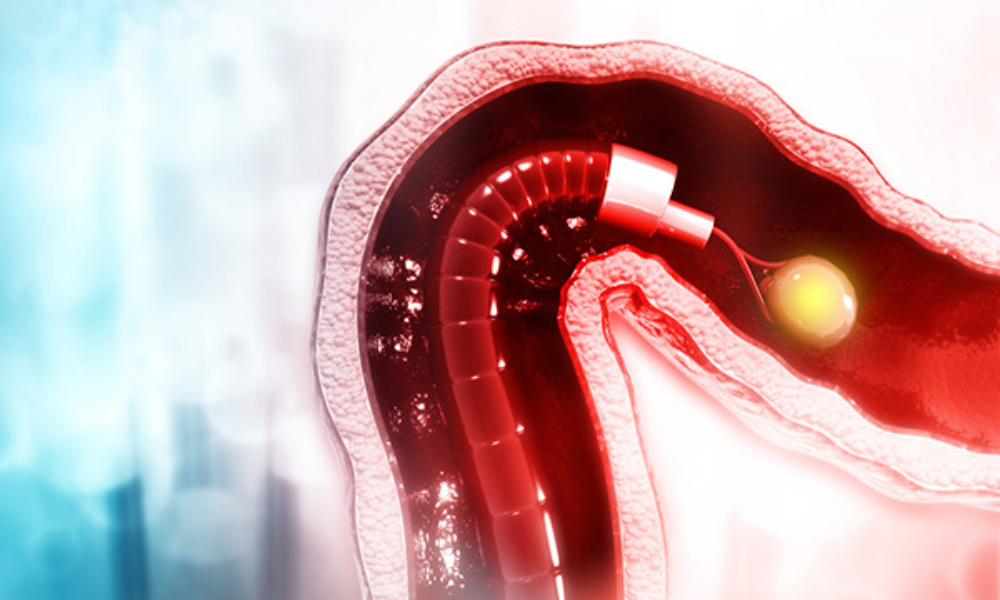
Are You Afraid Of Getting A Colonoscopy? Don't Be!
It's no secret that colonoscopies can be a little scary. But they don't have to be! This article will explore everything you need to know about colonoscopies, from what they are to why they are so important. By the end, you'll see that this is a vital health procedure for men and women over 45.
What is a Colonoscopy?
A colonoscopy is a medical procedure that allows a doctor to examine the colon and rectum for signs of disease. This is an essential procedure for both men and women, as it can help prevent colorectal cancer.
Colonoscopies are essential because they allow doctors to detect colon cancer early when it is most treatable. Colon cancer is the third most common type of cancer in men and women and is responsible for more than 50,000 deaths yearly. However, colon cancer can be cured in up to 90% of cases if caught early.
How to Prepare for a Colonoscopy?
Preparing for a colonoscopy can seem daunting, but it's pretty easy. Here are a few simple steps to follow:
1. Drink plenty of fluids in the days leading up to your colonoscopy. This will help to clear out your colon and make the procedure easier.
2. Avoid eating solid foods 24 hours before your colonoscopy. This will also help to clear out your colon.
3. Arrive at the clinic well-hydrated and with an empty stomach. This will make the colonoscopy easier for the doctor to perform.
4. Be prepared for some mild discomfort during the procedure. Most people find that colonoscopies are not very painful, but some people experience cramping or bloating.
5. Be sure to follow your doctor's instructions on preparing for the colonoscopy. This is the best way to ensure that the procedure goes smoothly.
What to Expect During a Colonoscopy
During a colonoscopy, the doctor will insert a colonoscopy into your rectum to look at the colon. This thin, tube-like instrument has a light and camera at its end. You may feel some pressure and discomfort during the insertion, but the colonoscope will not cause any pain. Once it is in place, the doctor can view your colon on a monitor. The doctor may take a biopsy or remove a polyp if any abnormalities are found.
The colonoscopy itself usually lasts between 10 and 20 minutes. However, you will need to allow additional prep and recovery time. Prep involves drinking a laxative solution that will clean out your colon. This can be unpleasant, but it is crucial for the success of colonoscopy. Recovery time is minimal, and you should be able to resume your normal activities after the procedure.
How to Recover from a Colonoscopy?
When you have a colonoscopy, you will be given a sedative to help you relax. You may feel drowsy after the procedure, but this will wear off fairly quickly. You may also experience cramping and bloating, but this is normal and should go away within a day or two.
Drinking plenty of fluids after a colonoscopy is important to flush the sedative from your system. You should also avoid strenuous activity for a few days and avoid driving until the sedative has worn off. Most importantly, make sure to follow your doctor's instructions on how to care for your colonoscopy wound.
The Benefits of Getting a Colonoscopy
Polyps are small growths that can form in the colon over time. Some polyps may become cancerous, so it is important to have them removed if they are found. A colonoscopy is the best way to detect polyps and can also be used to screen for colorectal cancer.
Despite its benefits, many people are still afraid of getting a colonoscopy. They think it will be painful or uncomfortable, but this is usually not the case. If you are 45 years or older, you should get a colonoscopy every ten years. If you have a family history of colorectal cancer, you may need to get it more frequently. Talk to your doctor about how often you should get a colonoscopy based on your risk factors.
Don't be afraid of a colonoscopy! It is a vital health procedure that can help to prevent colorectal cancer.
Digestive Health Partners Offers Colonoscopies
Is it time for a colonoscopy? The CDC’s new recommended age is 45. We encourage you to contact us and set up an appointment to help screen for and diagnose any abnormalities.